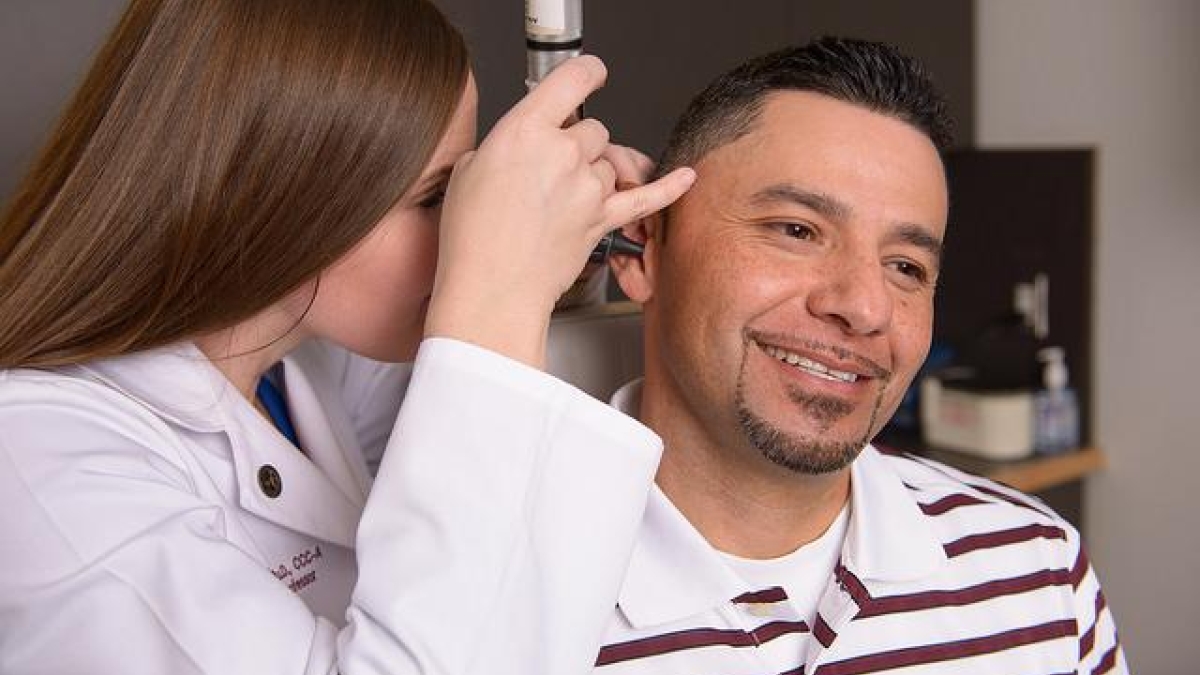This month is Better Hearing and Speech Month, which was created to raise awareness about communication and listening disorders each May.
At Arizona State University, the Department of Speech and Hearing ScienceThe Department of Speech and Hearing Science is in the College of Health Solutions. trains speech-language pathologists, audiologists and researchers, and the university boasts highly ranked national programs inside the field. ASU also offers a speech and hearing clinic, which provides audiology and speech services, performed by graduate student clinicians under the direct support of licensed, certified faculty members.
With the help of a pair of ASU's clinical professors and the Department of Speech and Hearing Science, here is a list of 10 things to know about hearing, speech and ASU's connection to the field.
1. Speaking more than one language does not cause speech problems
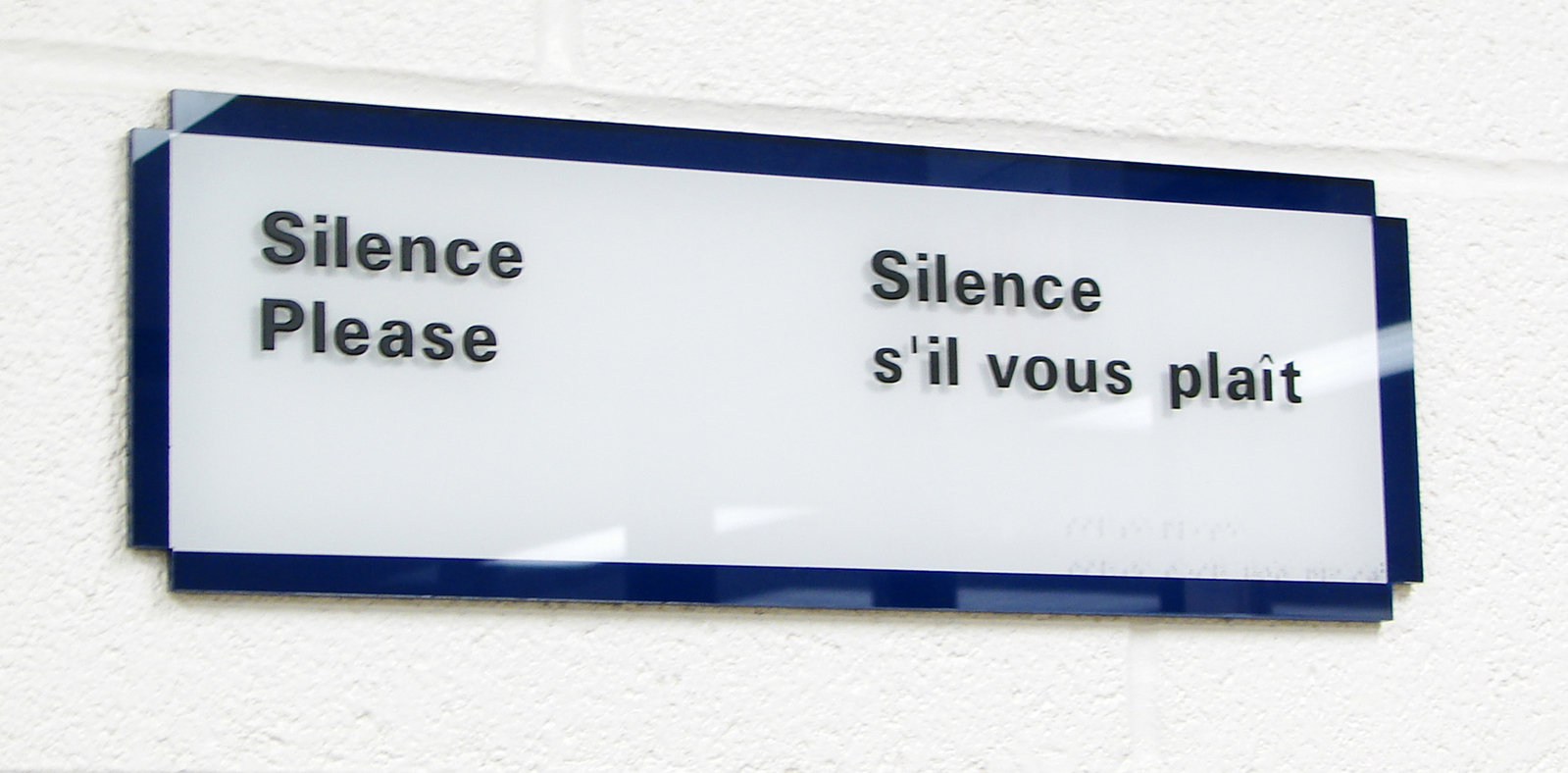
A common assumption is that multilingual children may suffer from speech problems, but according to the Department of Speech and Hearing Science, this is not the case. Kids who speak more than one language seem to have an overall speech development pattern that is similar to monolingual children, and there are clear differences between languages in regards to their influence on speech sound development.
2. Close to a quarter of Americans suffer from hearing loss
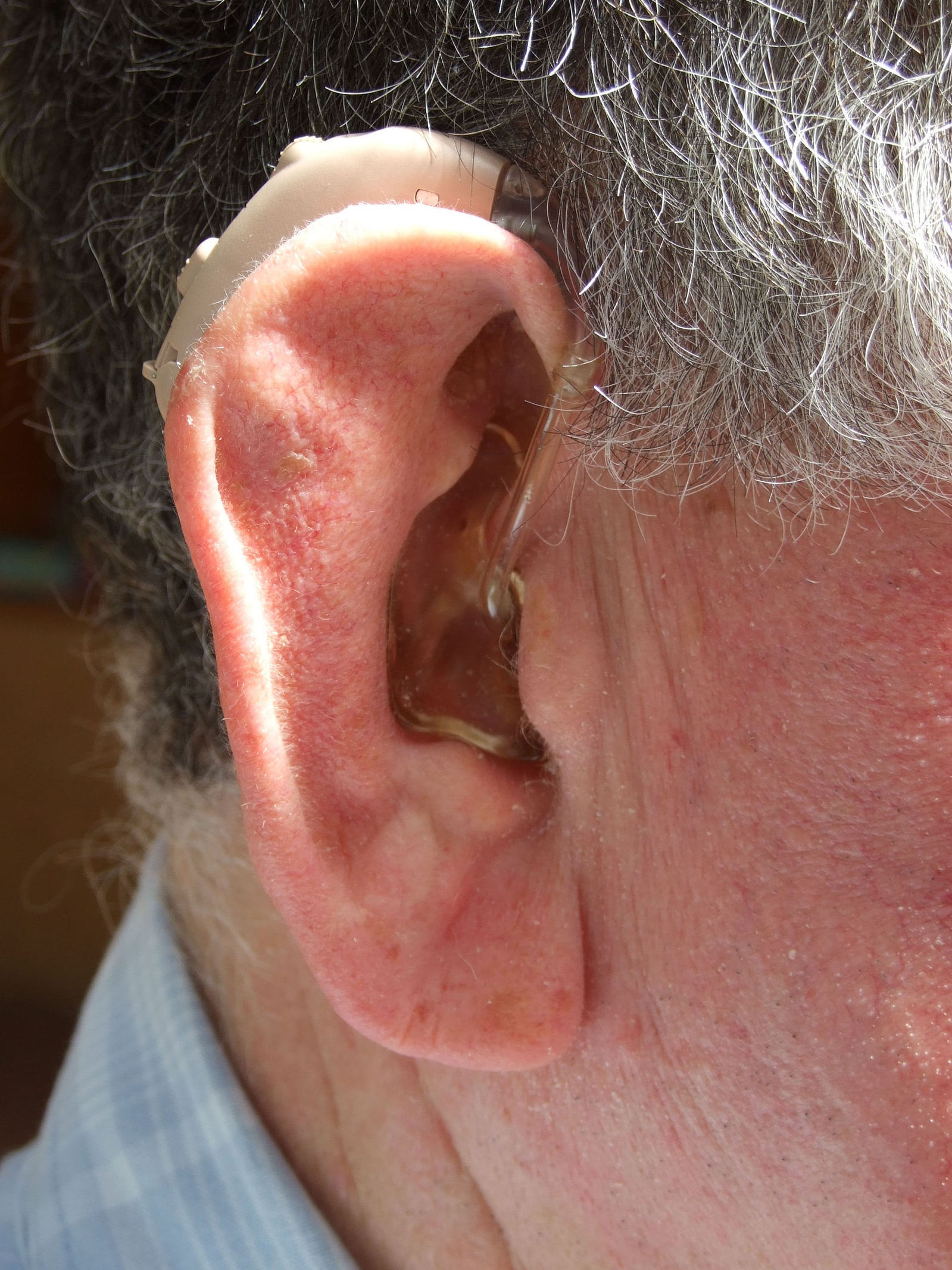
With nearly 25 percent of Americans suffering from hearing loss and the numerous side effects that come with it, ASU is working hard to make life easier and simpler.
ASU's clinic provides comphrehensive hearing health care along with a Living WELL With Hearing Loss group and assistance to purchase an affordable hearing aid.
3. All sounds should be acquired by ages 6 to 8
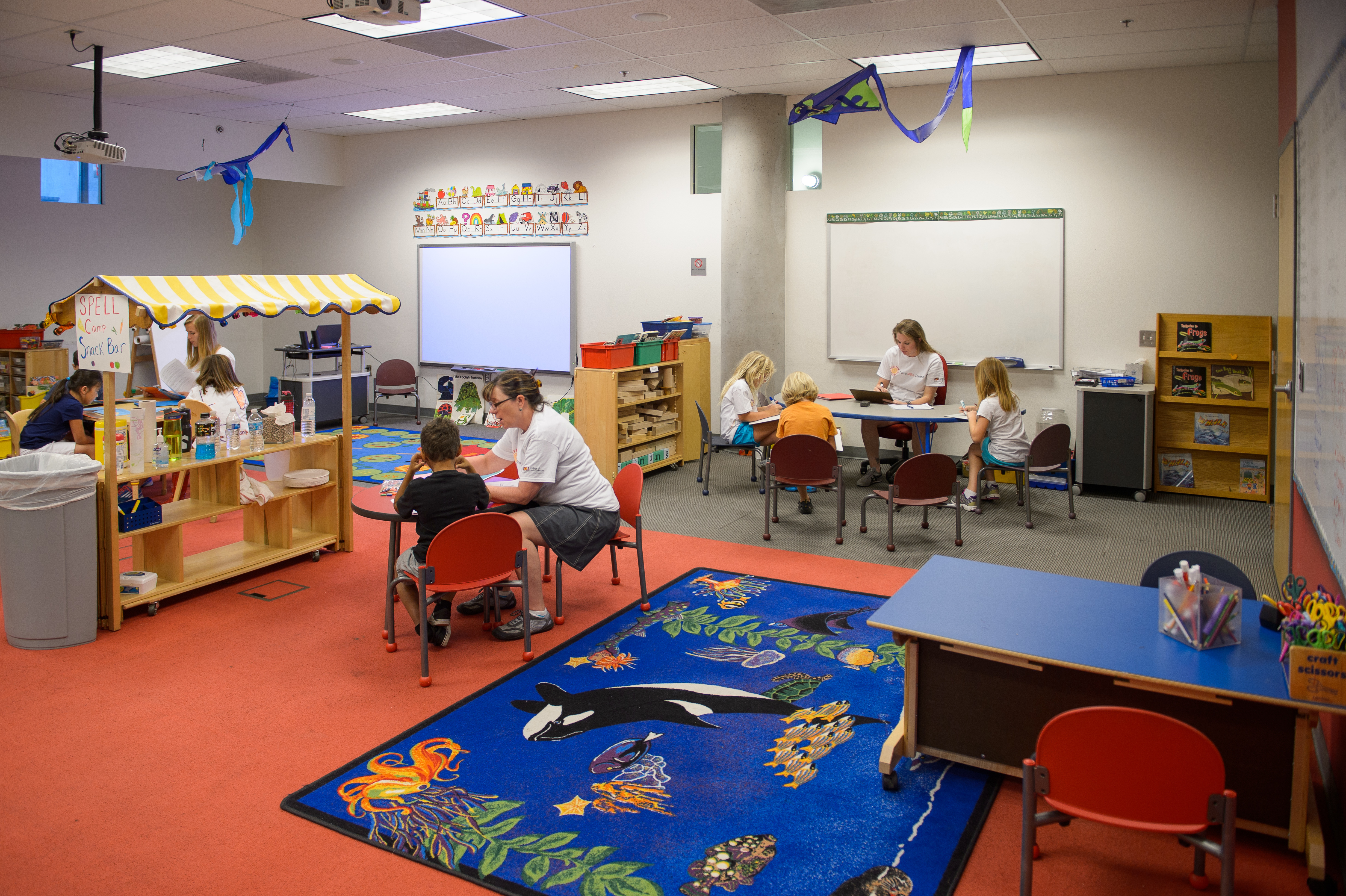
According the Department of Speech and Hearing Science, typical-development children will have standard articulation by the age of 6, 7 or 8. This means that they will be abe to produce all sounds by the third or fourth grade.
It is important to note, however, that every child is unique and grows at a different pace.
4. Exposure of sounds at 85 decibles or higher is the leading cause of hearing loss

Depending on how long one is around a high noise, things like an airplane taking off, a bulldozer or even a single gunshot can be blamed for hearing damage.
"There is a dose-duration trade-off," said Erica Williams, a clinical assosiciate professor at ASU. "The higher the intensity of the sound above 85 dB, the less time it is safe to be exposed without the potential for permanent damage. For example, on average, at 85 dB a sound can be listened to safely for eight hours, but at 95 dB there is only one hour before the risk of permanent damage occurs."
5. Audiologists can help patients with up to 5 different disorders and problems
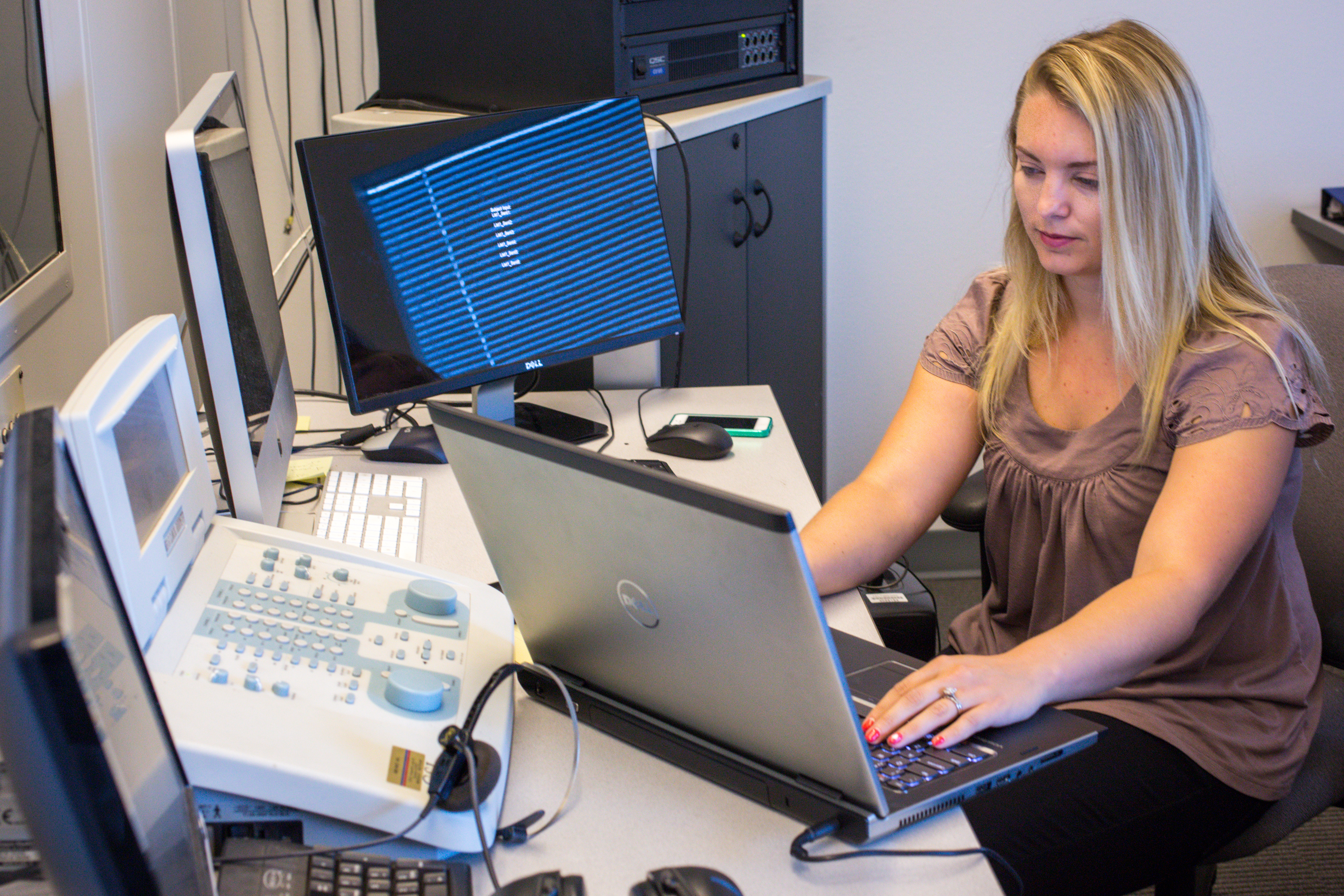
Whether it's helping with hearing disorders, auditory processing disorders, balance disorders, ringing in the ear, or sensitivies to particular sounds, an audioloigst's work is important and wide-ranging.
ASU's audiology program is accredited by the Council on Academic Accreditation.
6. Speech language pathologists can assist patients in 6 separate capacities
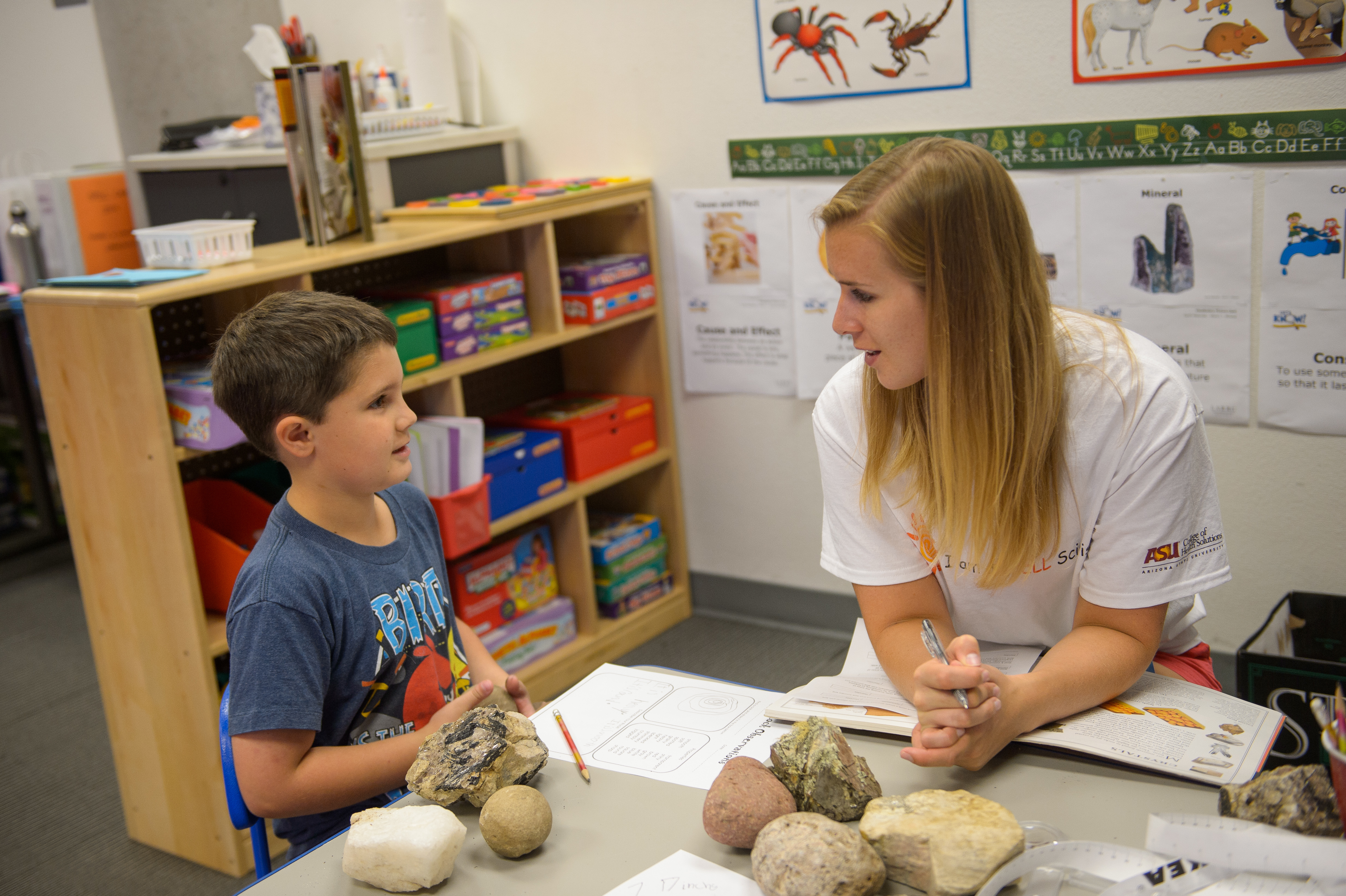
ASU's speech-language pathology program is accredited by the American Speech Language Hearing Association.
These pathologists assist patients with reading, swallowing, problem-solving, social cues, voice, and speech and language.
7. ASU offers an elementary language and literacy summer program for 2nd-graders
![]()
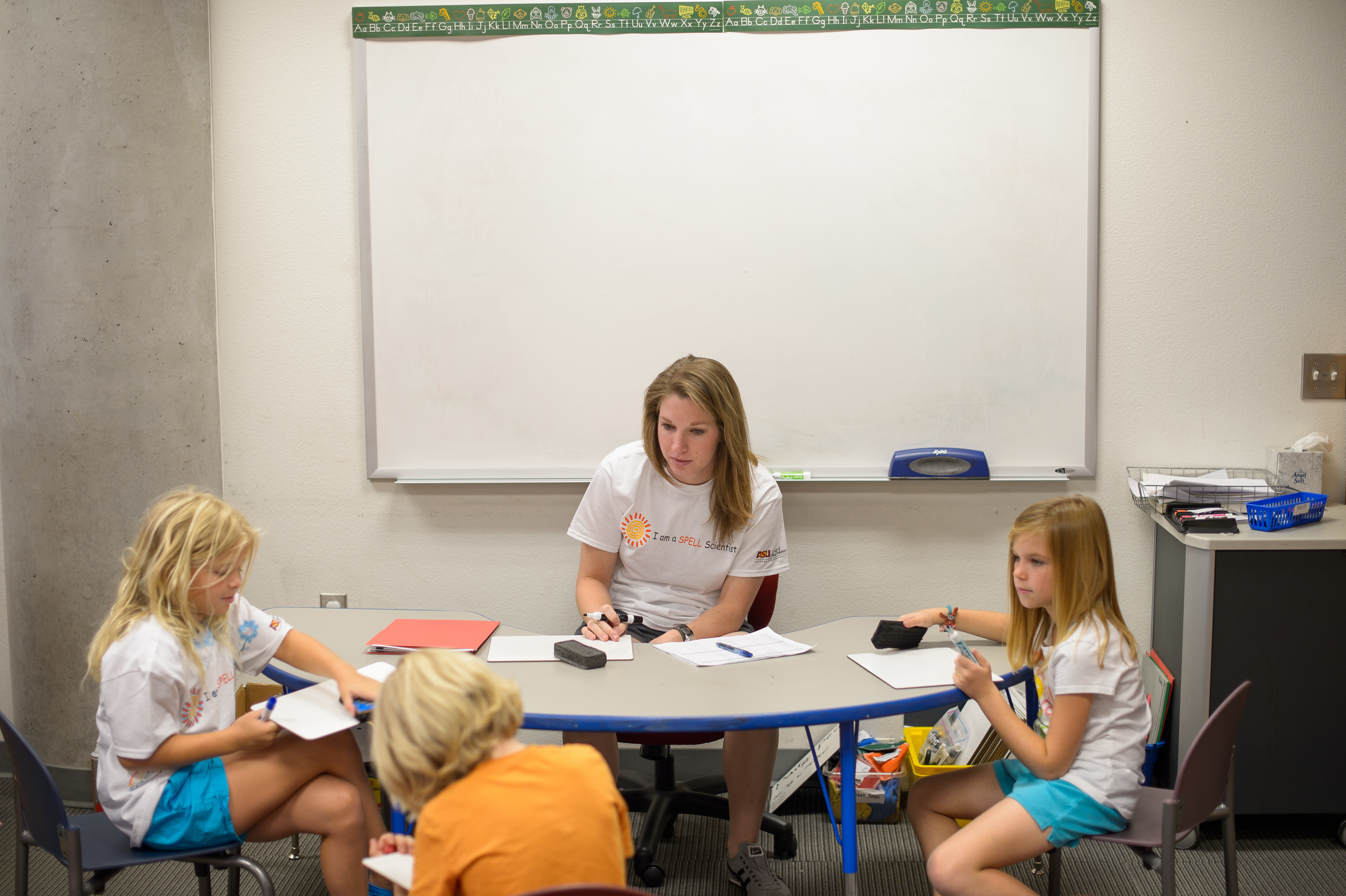
ASU's speech and language clinic includes pediatric communication clinics that provide services to families and their children. Using early intervention, speech language development and pre-literacy skills, the clinic also has a language and literacy summer program for second-graders.
This year's SPELL-2 program will begin on Tuesday, May 30. More information for the event can be found here.
8. ASU's doctoral program prepares students for research careers in 3 environments

No matter what area of focus students may be looking for, ASU has it covered. A hands-on opportunity to train in different settings is what sets ASU apart from others around the country.
ASU's doctoral program prepares students for careers in research in academic, industrial or health-care environments.
9. ASU's audiology graduate program is ranked No. 9 in the country
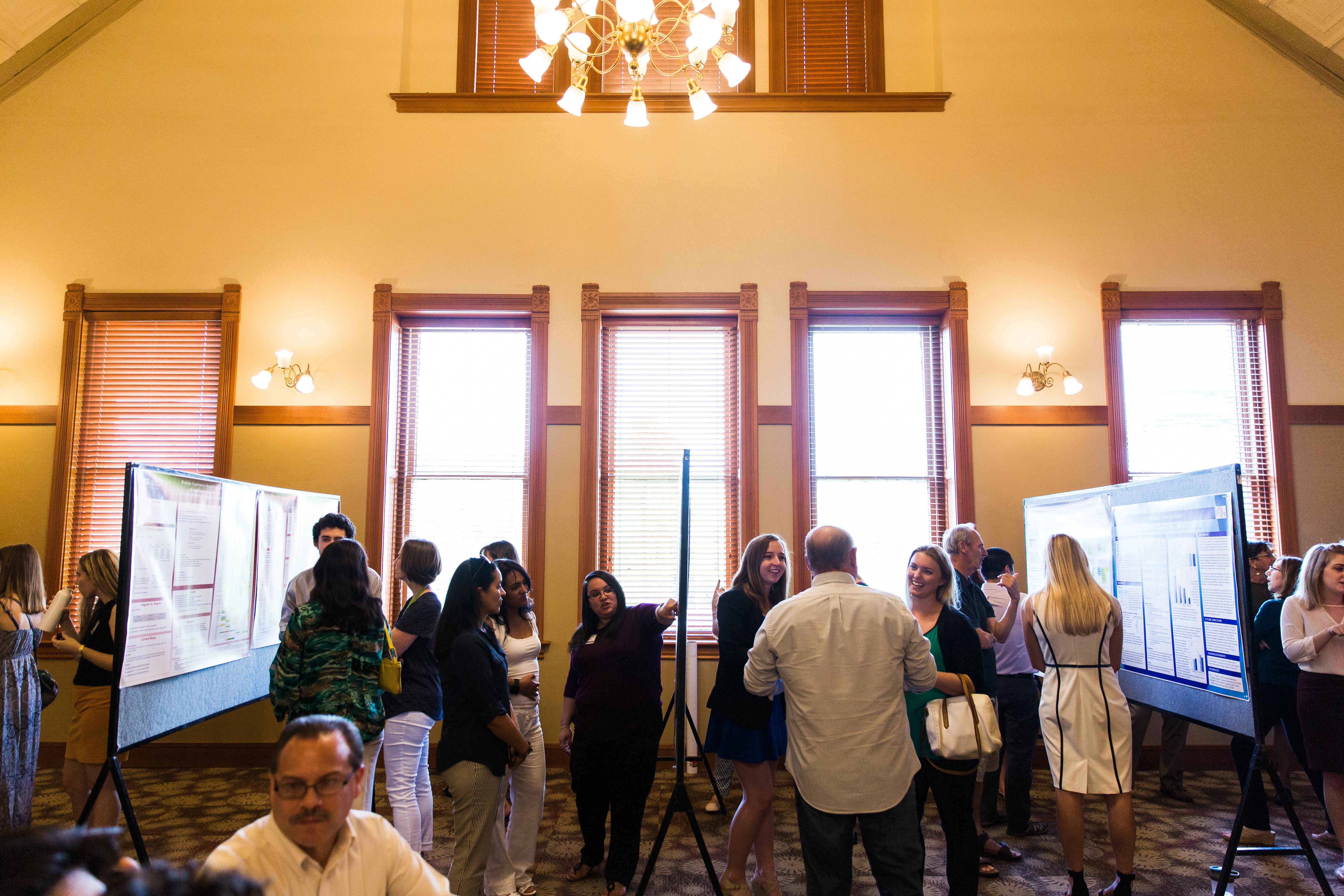
ASU has highly ranked clinical graduate programs that train future audiologists — the university is currently ranked ninth in the country by the U.S. News and World Report.
That report gave ASU a 3.6 (out of five possible points) when published last year. The university was just one of three in the West to be ranked in the top 12.
10. ASU has a speech and hearing clinic that provides training to students as well as clinical service to individuals of all ages
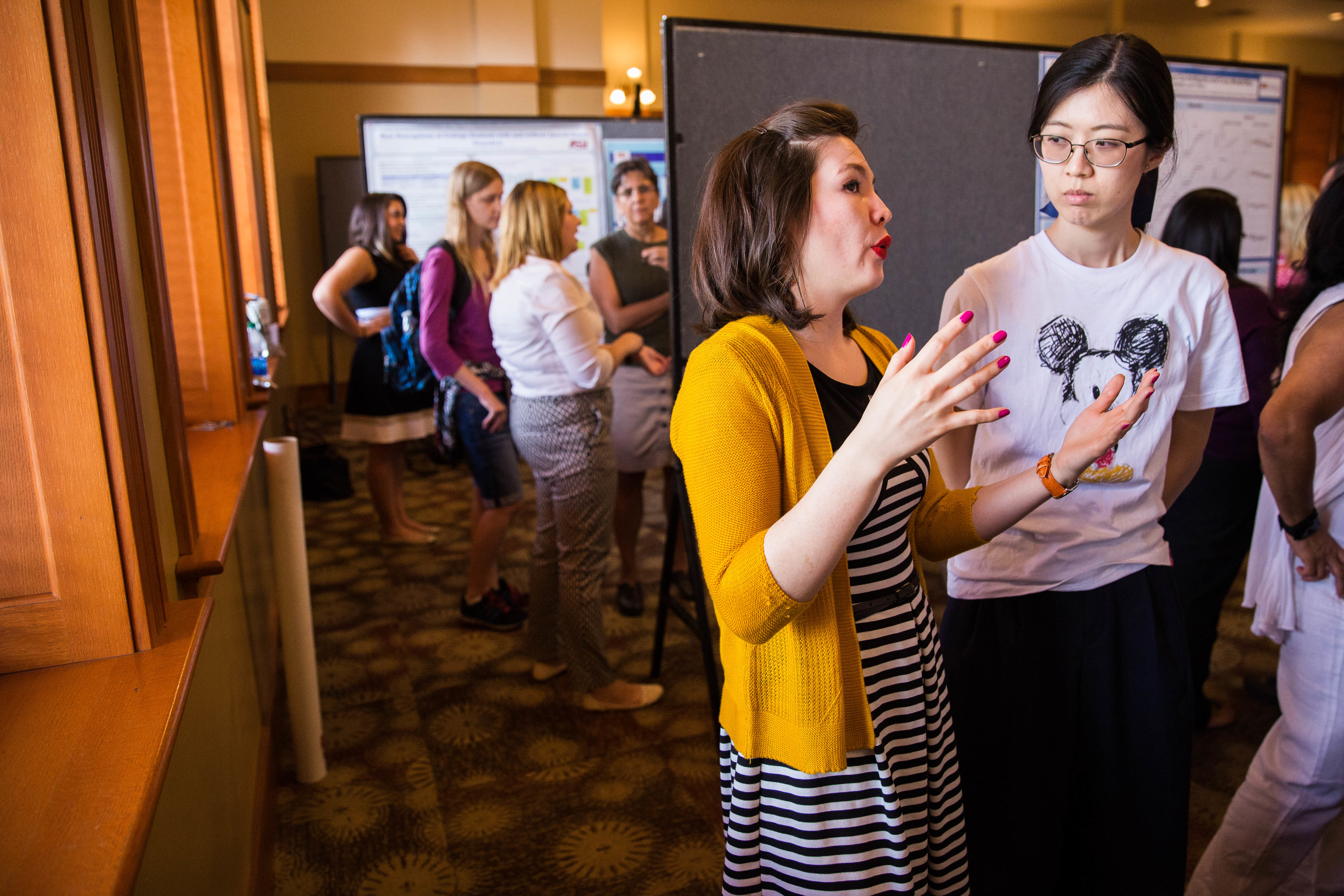
ASU's wide-ranging speech and hearing clinics are well-renowned in the area because of all of the services offered.
Below is a list of just some of the services provided, according to Kelly Ingram, professor and director of ASU's Speech and Language Clinic.
- fluency evaluations and treatment for people who stutter
- articulation therapy for people who have difficulty producing certain sounds, especially /s/ and /r/
- language and literacy therapy for people who are struggling to read and retain information
- cognitive strategies for clients with mild traumatic brain injury to help them be more successful at school
- pediatric speech and language services for children from 18 months to 5 years of age with speech and language deficits or children who have a diagnosis that puts them at risk for language delays
- cochlear implant services in both audiology and speech
- hearing evaluations for clients with suspected hearing loss
- hearing management option for individuals with hearing loss
All photos courtesy of ASU Now and freeimages.com
More Science and technology

ASU-led space telescope is ready to fly
The Star Planet Activity Research CubeSat, or SPARCS, a small space telescope that will monitor the flares and sunspot activity of low-mass stars, has now passed its pre-shipment review by NASA.…

ASU at the heart of the state's revitalized microelectronics industry
A stronger local economy, more reliable technology, and a future where our computers and devices do the impossible: that’s the transformation ASU is driving through its microelectronics research…

Breakthrough copper alloy achieves unprecedented high-temperature performance
A team of researchers from Arizona State University, the U.S. Army Research Laboratory, Lehigh University and Louisiana State University has developed a groundbreaking high-temperature copper alloy…


